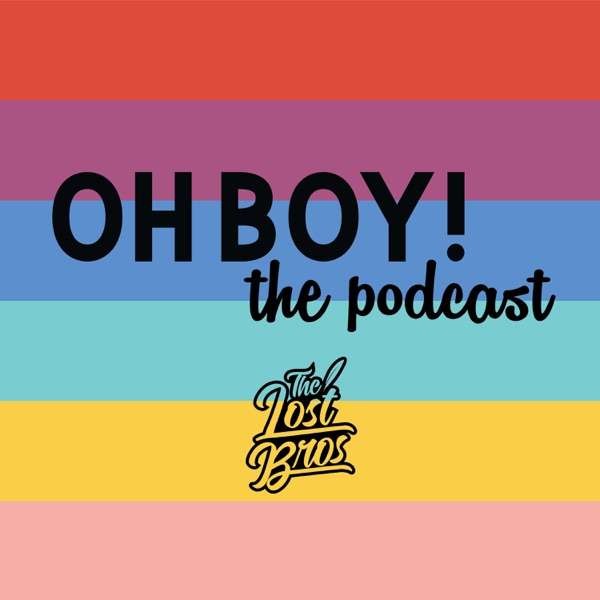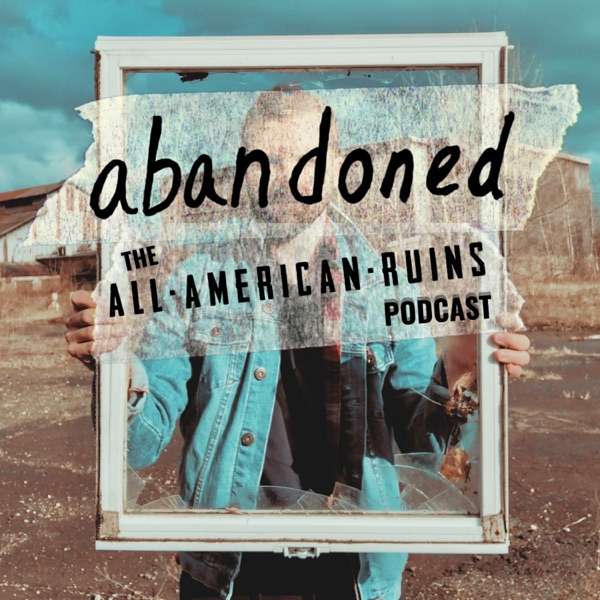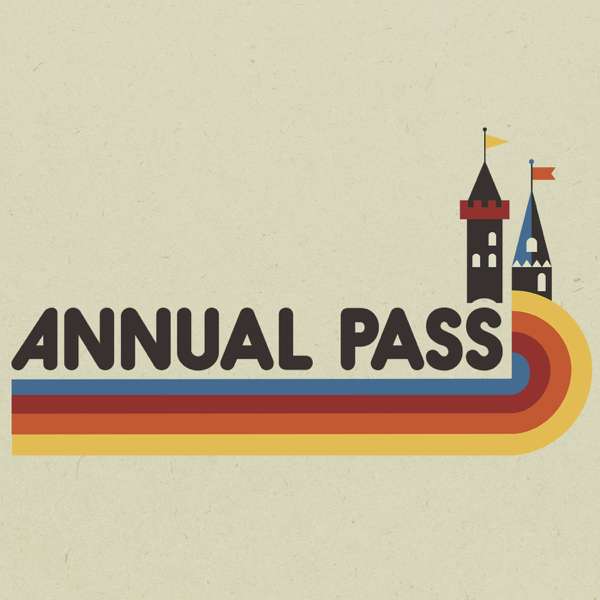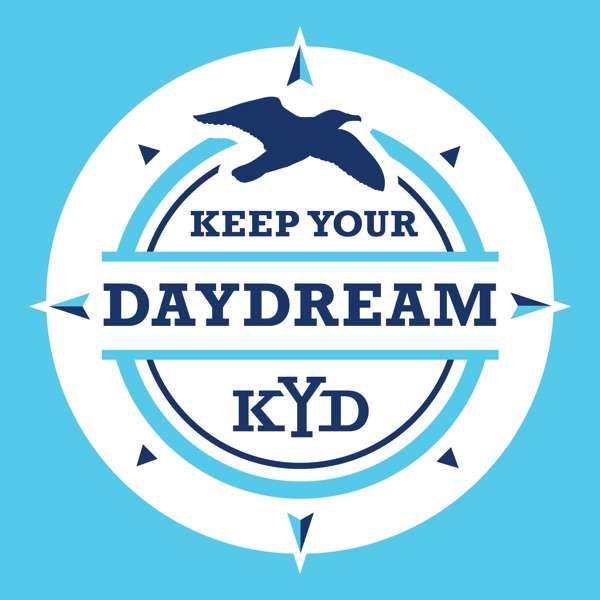Kenneth Meshoe was born in Pretoria and is the fourth of seven children.
He completed his Matric Certificate in 1972. In 1975 he graduated from the University of the North with a Secondary Teachers Diploma. In 1976, he married Lydia and they have three children, Olga, Esther and Joshua.
In 1983, Kenneth went to Shekinah Bible Institute in Kingsport, Tennessee in the US, where he did the first year of his Theological Diploma. He later returned to Kingsport in January 1987 to complete his 2nd year Diploma.
In 1988, Kenneth and Lydia started a non-denominational, praying church in Vosloorus, Gauteng, called Hope of Glory Tabernacle that is involved in running a number of community projects in the area. The church strongly advocates the power of prayer and actively mobilises Christians to pray for the nation of South Africa. Kenneth and Lydia are both international speakers, who travel extensively, speaking at conferences in many parts of world.
In December 1993, they started a political party based on biblical principles called the African Christian Democratic Party (ACDP), and Kenneth became it's first President and has remained thus to date. He also has also served as a Member of Parliament for the ACDP since 1994. In 2006, Kenneth completed a one-year programme in Economics and Public Finance with the Department of Economics at the University of South Africa. In 2008, Kenneth Meshoe completed his Advanced Diploma in Economic Policy (ADEP) with the University of the Western Cape.
Notable Achievements
Between 1994 and 1996, Kenneth was the only Evangelical Christian represented in the Constitutional Assembly's Management Committee. The Committee was made up of around six to eight Members of Parliament. The rest of its contingent (12 in all) were officials.
The Committee was tasked with the organisation and management of the overall Constitution-making process. One of its major responsibilities was to ensure that the Constitutional Assembly worked according to an agreed schedule in order to meet its two-year target in which to complete the drafting of our new South African Constitution by 8 May 1996. This was achieved.
During the Constitution-making process, the ANC had made it very clear that it wished to see South Africa declared a secular state, which aimed to separate Church and State. Kenneth Meshoe, however, championed a backlash against this, both in Theme Committee 1 (Character of the State) that dealt with this particular clause and by raising his concerns over the implications such a status with as many Christians who would listen. As a result, in 1995, a protest march under the banner of the "Christian Voice' was organised which saw Christians in their thousands march to Parliament against the proposed secular state clause as well as other concerning clauses in the draft Constitution, including the right to life and anti-discrimination clauses on the grounds of sexual orientation, all of which undermined our Biblical values. As a result, the Constitution today states that South Africa is a Constitutional Democracy, and churches can, to this day, fellowship in state-owned school classrooms and halls, civic centres and can still pitch a tent in which to meet or hold crusades on state-owned land.
In addition, faith-based political parties are able to exist and work to defend their the values and principles of their faith in all levels of government and religious leaders are able to serve as Members of Parliament. Also notable is that South Africa is the only African country to have a Christian Party serving in its Parliament.
"The ACDP would like to see a Constitution that is the supreme law of the land, a Constitution that protects not only the rights of individuals but also those of unborn children. The ACDP wishes to see a Constitution that will be legitimate, enduring and that upholds biblical, family and traditional values." Rev KRJ Meshoe, MP - Constitutional Assembly, 24 January 1995.
Kenneth and the ACDP continues to be a voice for Christians at Parliament and other levels of government where attacks on our faith often creep in. One such example is that of proposals made to remove Christian Holy Days such as Easter and Christmas as official public holidays, as had been done with Ascension Day. The overwhelming majority of South Africans claim to be Christian and such a move was unthinkable. Kenneth arranged protest marches aptly branded "Hands Off Christmas and Good Friday!" His call was then reiterated in the ACDP's submission which he handed over to the then Minister of Home Affairs, Ms Naledi Pandor. Through continued awareness campaigns and protests, sufficient pressure was placed on government to ensure the matter went no further. In 2012, Kenneth organised a protest march in defence of Israel after the Minister of Trade and Industry, Dr Rob Davies, gazetted General Notice 370 or 2012 that required Israel to label its products as originating from "Occupied Palestinian Territories".
In June 2013, Kenneth established a non-profit organisation called DEISI International, with a mandate to challenge the ignorance of many about the true facts regarding the right of Israel to exist within safe and secure borders, and to dispel the lie that Israel is an apartheid state. DEISI is an acronym for Defend, Embrace, Invest, Support Israel. In 2020, after South Africans were placed under a severe, prolonged lockdowns and had many of their Constitutional freedoms undermined as a result of the Covid-19 pandemic, Kenneth was extremely concerned, particularly given its potential threat to our economy and job security. He was also outraged that churches were not allowed to meet in person, except under excessively strict regulations, and that mandatory vaccination was being introduced by some universities and businesses. Kenneth was at the forefront of fighting for our right to 'choose' whether or not to be vaccinated. He did not want to see anyone being forced to do so, as "even God gives us the choice of whether or not to choose salvation," he said.
Through the ACDP, he was able to be a voice for workers who had been given an ultimatum by their employers to 'get vaccinated or lose your job'. He encouraged them to stand their ground and not be pressurised into violating the dictates of their consciences. Some lost their jobs as a result but Kenneth remained resolute and ensured that the ACDP fought for them at the CCMA, a fight that saw a number of these unfair dismissals rightly overturned. Kenneth led also a similar campaign at various universities that were refusing access to students who chose not to be vaccinated. Awards On the 18th December 1994, Kenneth Meshoe was awarded an Honorary Doctorate (Doctor of Humane Letters, abbreviated L.H.D.), by Bethel Christian College in Riverside, California, USA, and was also appointed to serve as an Associate Member on the Board of Regents of Bethel College.
In 1998, Kenneth was awarded the 'International Leadership Award' for outstanding leadership in the church and nation by the Australian Federation of Festival of Light Community Standards Organisation at the New South Wales Parliament House.
He was awarded a second Honorary Doctorate (L.H.D.) in 2007 by Logos Graduate School, Jacksonville, Florida, USA.
In November 2013, the international organisation, Stand With Us, in Michigan, USA, presented Kenneth Meshoe with the 'Star of David' award.
In 2014, Kenneth was honoured with the 'Jerusalem Award 2014' conferred on him by the World Zionist Organisation.
In September 2015, Israel Today Nigeria, in conjunction with the Embassy of Israel in Abuja, gave Kenneth the "Jerusalem Ambassador" award.
On this episode of The One Way Ticket Show, Reverend Meshoe (affectionately known as The Rev) shares his one way ticket to a peaceful and prosperous South Africa that is a very close friend of Israel.
Given South Africa's national and provincial elections on May 29th, 2024, The Rev provides an assessment of South Africa today, and weighs in on the country's poorly performing economy, high employment and crime and regular power cuts. He shares why people are looking for answers outside of the ANC which has ruled South Africa since the end of apartheid in 1994.
He also highlights how South Africa can learn from Israel's water management, science and technological advancements and economic development to create a successful South Africa. Moreover, he shares why it's factually incorrect to call Israel an apartheid state and how those that do, trivialise the pain and suffering South Africans experienced during those dark years.
And when asked what Nelson Mandela would make of South Africa today, The Rev responded: "A heart break which might lead to a heart attack. He would faint."

 Our TOPPODCAST Picks
Our TOPPODCAST Picks  Stay Connected
Stay Connected







